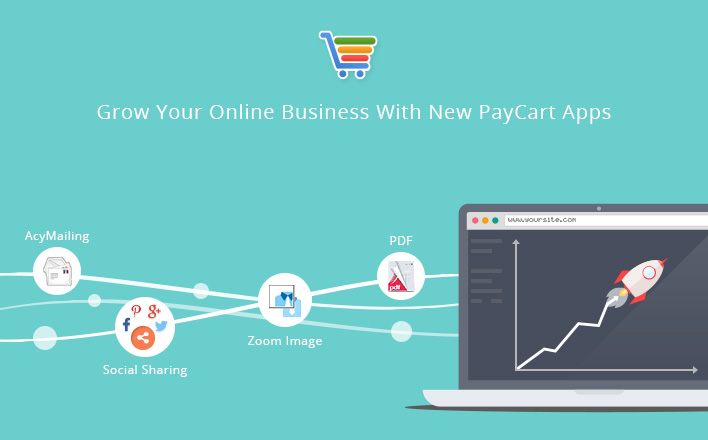8 Reasons, you need a mobile ready online store :)

Go through it and decide whether you need mobile ready online store or not ?
Instant accessibility encourages more people to buy
With increasing penetration of smartphones, it is going to be set a massive market for online business. Nowadays, most of the people who have smartphone have access to internet without any extra hardware investment which makes mobile a discovery platform for products and services.
One of the finest reason is that mobile is very portable and easy to carry while you cannot bring your computer everywhere. So, with a responsive e-commerce website, people can shop anytime, anywhere.
Mobile commerce is exploding
With the increase of mobile internet it is expecting that Mobile commerce is set to dominate the World's market. Today most of the customers prefer to purchase or view goods from the hand held devices over to desktop devices. This rising demand of mobile usage has made it necessary for every e commerce portal to be a mobile friendly site.
Turn users into customers with mobile-friendly sites
The fastest path to mobile customers is through a mobile-friendly site. So if you offer mobile friendly site then below mentioned points helps you to turn around your users into customers.
- Instant Customer Reach & Frequent Frequency
- Massive Customer Base
- Peer Reviews or Recommendations on Products
- 63% of Market Share availability
- Return of customers is very fast
Now decide, Do you really want to be the business that's turning this away?
Impact of social media in mobile friendly sites
Strategy that play around to increase your sales is social media. If you have smartphone-optimised site then it get flow like burning air. Social media goes hand in hand with the mobile devices, so the site should be mobile-responsive to serve users coming from social media.
Adoption of mobile technology is 10 times faster
Globally smartphone has really picked up steam in market and its adoption has exploded, even it's growing faster than any consumer technology in history. It is almost 10 times faster than that of web industry. 74% of consumers used a mobile search engine in the overall shopping process.
Provide best UX or get out of race
No matter from where user is surfing ie desktop, laptop, tablet or mobile. He will have the same great experience in all the devices. So if you want the best user experience for your visitor then there is only one option - Make your website responsive. In short - Customers quickly turn to other websites if they encounter a non -friendly mobile website.
Don't flush out the best shopping time
Toilet is the best place to get idea or to do shop. Recent survey says that most of people use their mobile phones in toilet. So, Don't flush out your potential customers in toilet. If you are smart or want to act smart, then make your site responsive because this is going to be viral in future which will turn around your business. In real term - This is mobile commerce which is bringing offline markets into online.
Even search engine Is pushing you to go responsive
Running multiple version of the same website itself is a hassle when it comes to market them one by one. Google also recommend that you should have one simplified URL for users and search engines. Having one url with same HTML makes your website crawling efficiently in Google. So responsive websites prefer more than having separate website for each devices ie separate mobile website for mobile devices etc. All major search engines including yahoo, bing, google prefer responsive ecommerce store than others.
Do you have any exciting tips to make mobile friendly sites? We are eager to get your thoughts on this, pen down your views below☺

Shyam Verma
Full Stack Developer & Founder
Shyam Verma is a seasoned full stack developer and the founder of Ready Bytes Software Labs. With over 13 years of experience in software development, he specializes in building scalable web applications using modern technologies like React, Next.js, Node.js, and cloud platforms. His passion for technology extends beyond coding—he's committed to sharing knowledge through blog posts, mentoring junior developers, and contributing to open-source projects.


